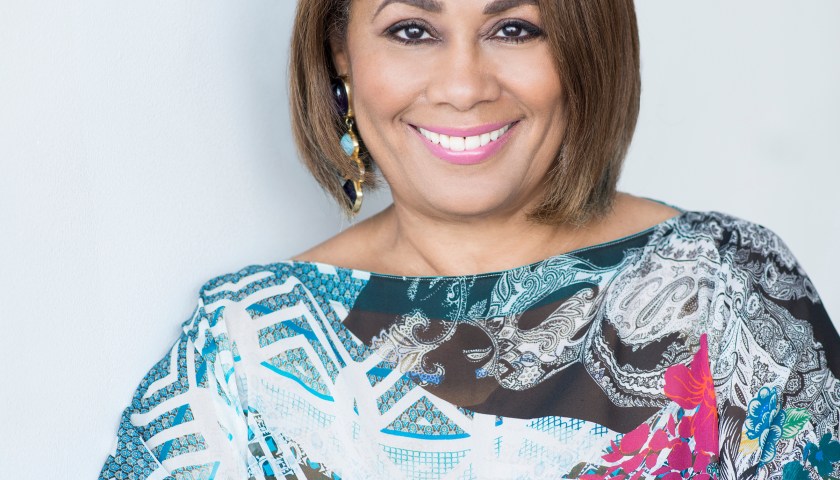In the black community, the institution of marriage is essentially dead. While marriage in Western developed nations is declining in general, the black community and black women are being disproportionately affected. Unless marriage and family issues receive a higher priority, tackling other major problems, like declining high school graduation rates, will be like treading water in the Mississippi River 10 feet above a strong undercurrent.
ABC News recently cited a Yale University study reporting that 42 percent of African-American women have yet to be married, compared to only 23 percent of white women. By their early 40s, 31 percent of black women have never been wives compared to 9 percent of white women. An alarming 70 percent of professional black women are single. ABC also reported, citing the Journal of Blacks in Higher Education, that at least 60 percent of black students who receive college degrees are women. Black women also make up 71 percent of black graduate students. According to the most recent data, only 43.3 percent of black adult men are married compared to around 60 percent for white males.
How the marriage and family crisis reached this current level is complicated. There is no one single culprit, because different social trends have affected different social classes within the black community separately. For example, while it is easy to point to the government welfare programs of the 1970s and ’80s as nuclear bombs to marriage and family within the black underclass, this does not explain the declining marriage trend among the black middle class. The one institution that spans all social classes within the black community is the church. Since the end of the civil-rights movement, the black church has disappeared as the social, political, economic, and spiritual glue of the black community. The hip-hop generation–who Bakari Kitwana, a former editor at The Source, identifies as blacks born between 1965 and 1984–is the first generation of blacks to be significantly unchurched since the 18th century. The cocktail of undermining government policies, political distractions with issues like affirmative action, challenges associated with black male incarceration rates, radical independence of black women introduced by black feminism, changing social norms, and eroded faith commitments have proven to be noxious. As such, the family, as the most important institution for forming and shaping character, spirituality, morals, manners, etc., began to die (Deuteronomy 6).
Click here to continue reading.
SOURCE: WORLD Mag
















